Anpassungsfähigkeit und Resilienz des Finanzsystems
Diese Forschungsgruppe untersucht kritische Aspekte der Anpassungsfähigkeit und Widerstandsfähigkeit von Finanzsystemen. Sie analysiert die Auswirkungen von Naturkatastrophen auf Finanzsysteme, die Auswirkungen politischer Präferenzen für die grüne Transformation und die Bedeutung von Kultur in den Volkswirtschaften.
Forschungscluster
Finanzresilienz und RegulierungIhr Kontakt

Mitglied - Abteilung Finanzmärkte
PROJEKTE
07.2016 ‐ 12.2018
Relationship Lenders and Unorthodox Monetary Policy: Investment, Employment, and Resource Reallocation Effects
Leibniz-Gemeinschaft
We combine a number of unique and proprietary data sources to measure the impact of relationship lenders and unconventional monetary policy during and after the European sovereign debt crisis on the real economy. Establishing systematic links between different research data centers (Forschungsdatenzentren, FDZ) and central banks with detailed micro-level information on both financial and real activity is the stand-alone proposition of our proposal. The main objective is to permit the identification of causal effects, or their absence, regarding which policies were conducive to mitigate financial shocks and stimulate real economic activities, such as employment, investment, or the closure of plants.
01.2015 ‐ 12.2019
Interactions between Bank-specific Risk and Macroeconomic Performance
Deutsche Forschungsgemeinschaft (DFG)
Referierte Publikationen

Cultural Norms and Corporate Fraud: Evidence from the Volkswagen Scandal
in: Journal of Corporate Finance, October 2023
Abstract
We examine a corporate governance role of local culture via its impact on consumer behavior following corporate scandals. Our proxy for culture is the presence of local Protestantism. Exploiting the unexpected nature of the Volkswagen (VW) diesel scandal in September 2015, we show that new registrations of VW cars decline significantly in German counties with a Protestant majority following the VW scandal. Further survey evidence shows that, compared to Catholics, Protestants respond significantly more negatively to fraud but not to environmental issues. Our findings suggest that the enforcement culture in Protestantism facilitates penalizing corporate fraud.
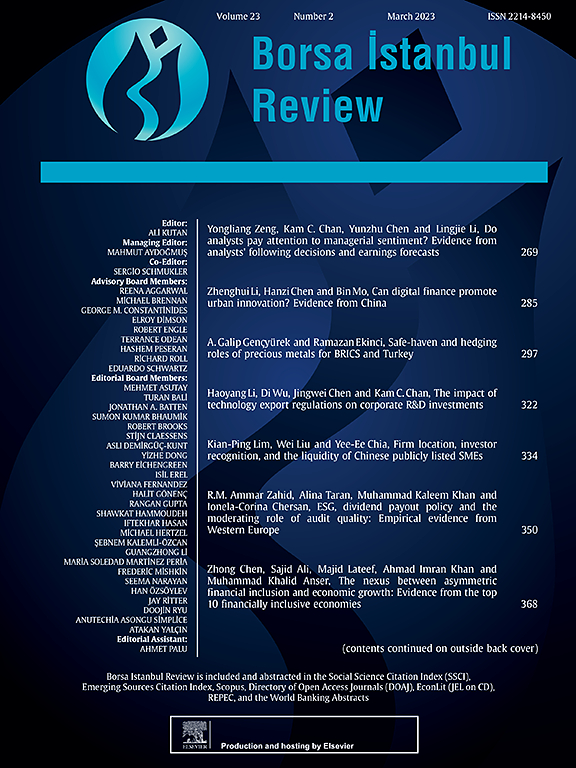
What Makes the Difference? Microfinance Versus Commercial Banks
in: Borsa Istanbul Review, Nr. 4, 2023
Abstract
We make a comparison of microfinance banks (MBs) and commercial banks (CBs) in terms of efficiency, business orientation, stability, and asset quality by analyzing a large sample of banks from 60 countries around the world. Our findings indicate that microfinance banks have higher intermediation, non-interest income, wholesale funding and liquidity, but lower efficiency and asset quality. These significant variations are influenced by smaller microfinance banks and are driven mostly to African and Latin American microfinance banks.
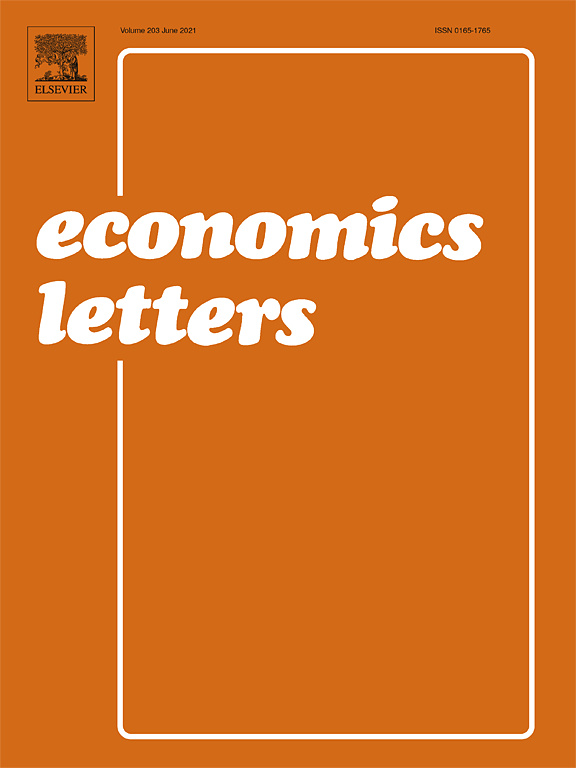
Political Ties and the Yield Curve
in: Economics Letters, July 2023
Abstract
We examine the effect of political ties with the US on sovereign yields and ratings at various horizons. We find beneficial effects across both short- and long-term yields and ratings. Specifically, we find that stronger political ties with the US affect mainly the level of the yield curve of foreign sovereign bonds. These results imply that the market perceives political ties with the US as having both near- and long-term beneficial consequences.
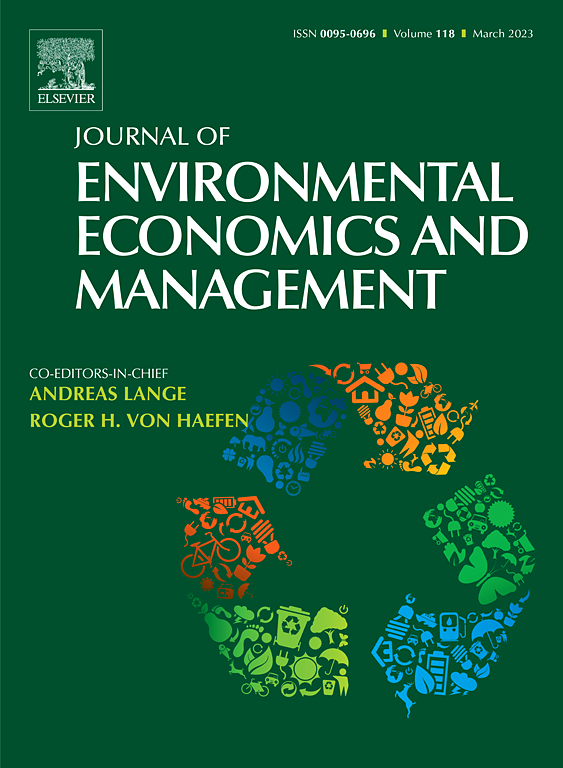
Natural Disasters and Bank Stability: Evidence from the U.S. Financial System
in: Journal of Environmental Economics and Management, May 2023
Abstract
We show that weather-related natural disasters in the United States significantly weaken the financial stability of banks with business activities in affected regions. This is reflected in higher probabilities of default, lower z-scores, higher non-performing assets ratios, higher foreclosure ratios, lower returns on assets and lower equity ratios of affected banks in the years following a natural disaster. The effects are economically relevant and highlight the financial vulnerability of banks and their borrowers despite insurances and public aid programs.
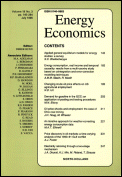
The Impact of Lowering Carbon Emissions on Corporate Labour Investment: A Quasi-Natural Experiment
in: Energy Economics, May 2023
Abstract
We examine the impact of low-carbon city (LCC) initiatives on labour investment decisions (quantity, quality, and well-being). Using a time-varying difference-in-differences approach based on staggered implementations of such a pilot program, we report an inefficient outcome - absolute deviation of labour investment from the optimal net hiring – especially for firms in labour-intensive industries and firms with high financial slack or adjustment costs. We, however, observe increased investments in highly skilled personnel and compensated with employee stock ownership, especially by firms under intense pressure to reduce carbon emissions. Such initiatives are also closely associated with the significant enhancement of workplace safety. Overall, LCC helps to upgrade the corporate labour structure by hiring more skilled employees through reduced agency problems and heightened green innovation.
Arbeitspapiere
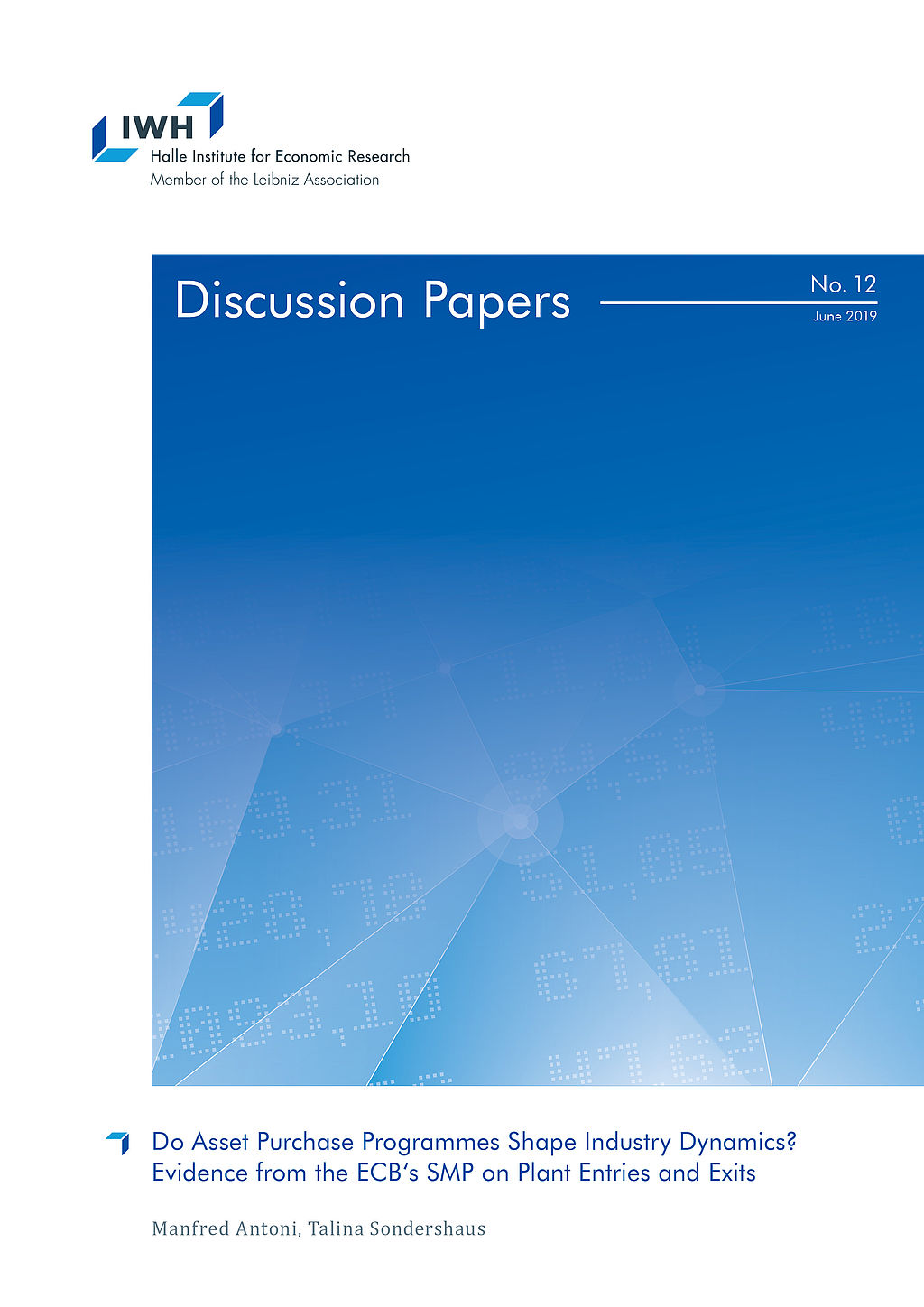
Do Asset Purchase Programmes Shape Industry Dynamics? Evidence from the ECB's SMP on Plant Entries and Exits
in: IWH Discussion Papers, Nr. 12, 2019
Abstract
Asset purchase programmes (APPs) may insulate banks from having to terminate relationships with unproductive customers. Using administrative plant and bank data, we test whether APPs impinge on industry dynamics in terms of plant entry and exit. Plants in Germany connected to banks with access to an APP are approximately 20% less likely to exit. In particular, unproductive plants connected to weak banks with APP access are less likely to close. Aggregate entry and exit rates in regional markets with high APP exposures are also lower. Thus, APPs seem to subdue Schumpeterian cleansing mechanisms, which may hamper factor reallocation and aggregate productivity growth.
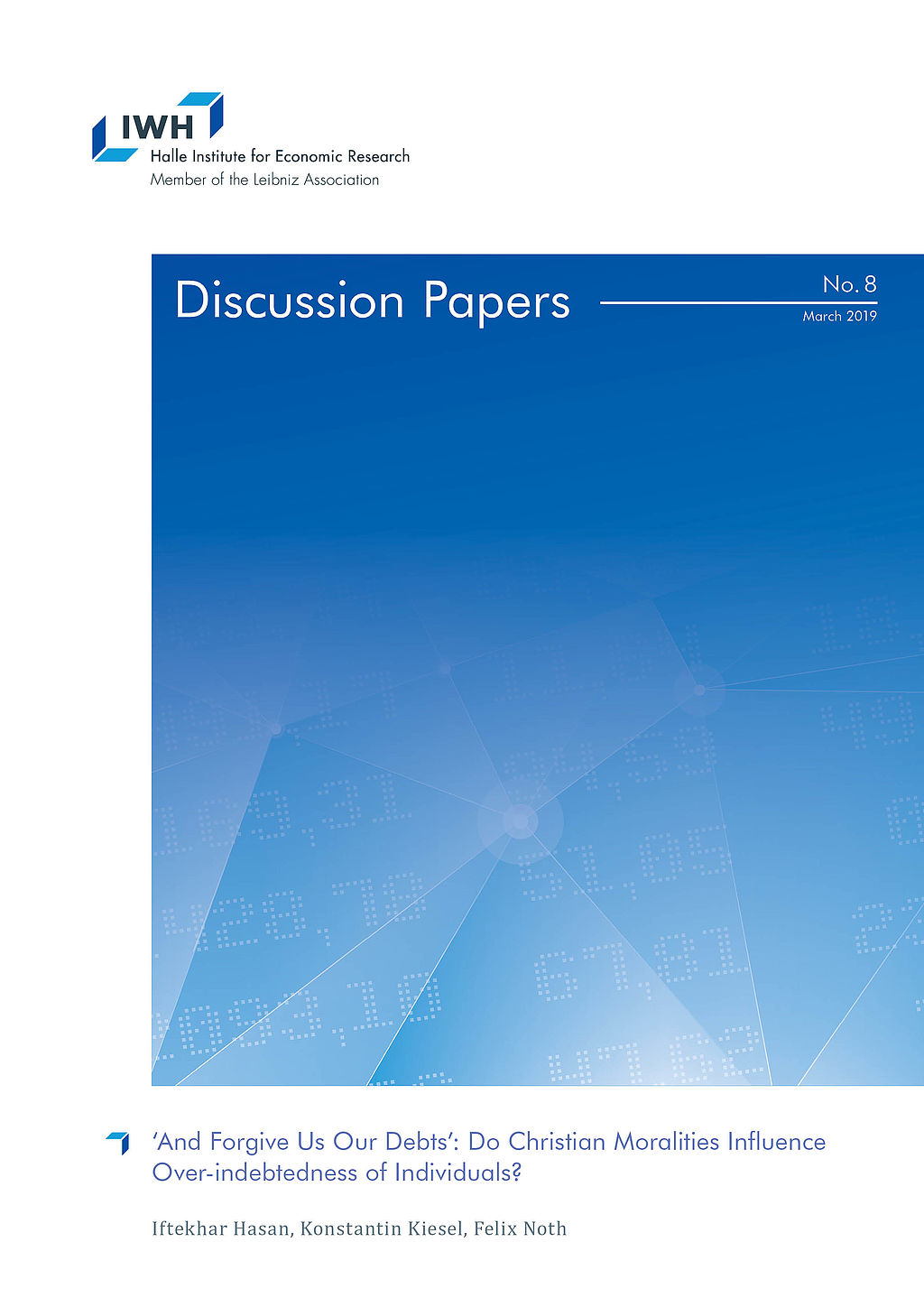
‘And Forgive Us Our Debts’: Do Christian Moralities Influence Over-indebtedness of Individuals?
in: IWH Discussion Papers, Nr. 8, 2019
Abstract
This paper analyses whether Christian moralities and rules formed differently by Catholics and Protestants impact the likelihood of households to become overindebted. We find that over-indebtedness is lower in regions in which Catholics outweigh Protestants, indicating that Catholics‘ forgiveness culture and a stricter enforcement of rules by Protestants serve as explanations for our results. Our results provide evidence that religion affects the financial situations of individuals and show that even 500 years after the split between Catholics and Protestants, the differences in the mind-sets of both denominations play an important role for situations of severe financial conditions.
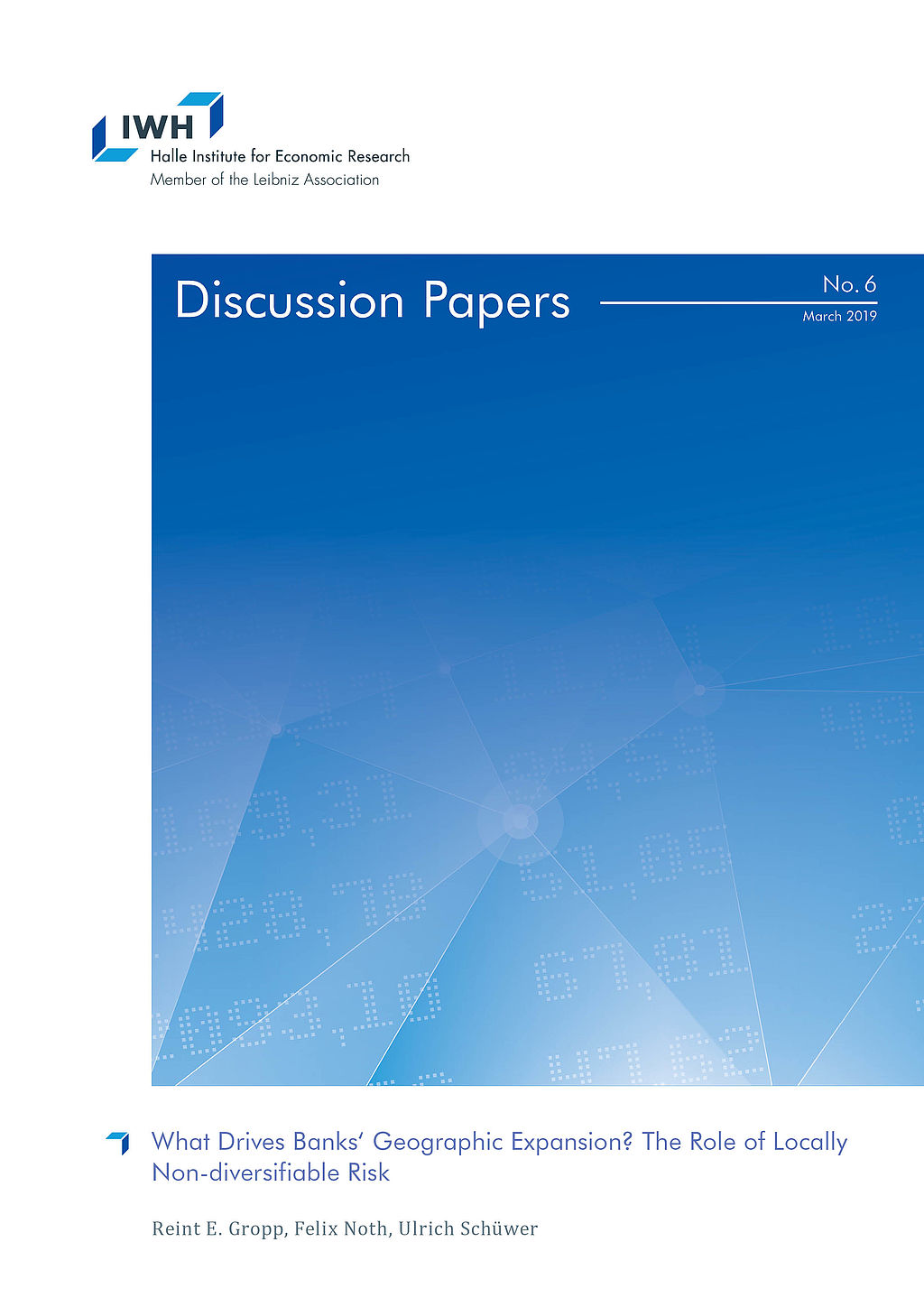
What Drives Banks‘ Geographic Expansion? The Role of Locally Non-diversifiable Risk
in: IWH Discussion Papers, Nr. 6, 2019
Abstract
We show that banks that are facing relatively high locally non-diversifiable risks in their home region expand more across states than banks that do not face such risks following branching deregulation in the 1990s and 2000s. These banks with high locally non-diversifiable risks also benefit relatively more from deregulation in terms of higher bank stability. Further, these banks expand more into counties where risks are relatively high and positively correlated with risks in their home region, suggesting that they do not only diversify but also build on their expertise in local risks when they expand into new regions.
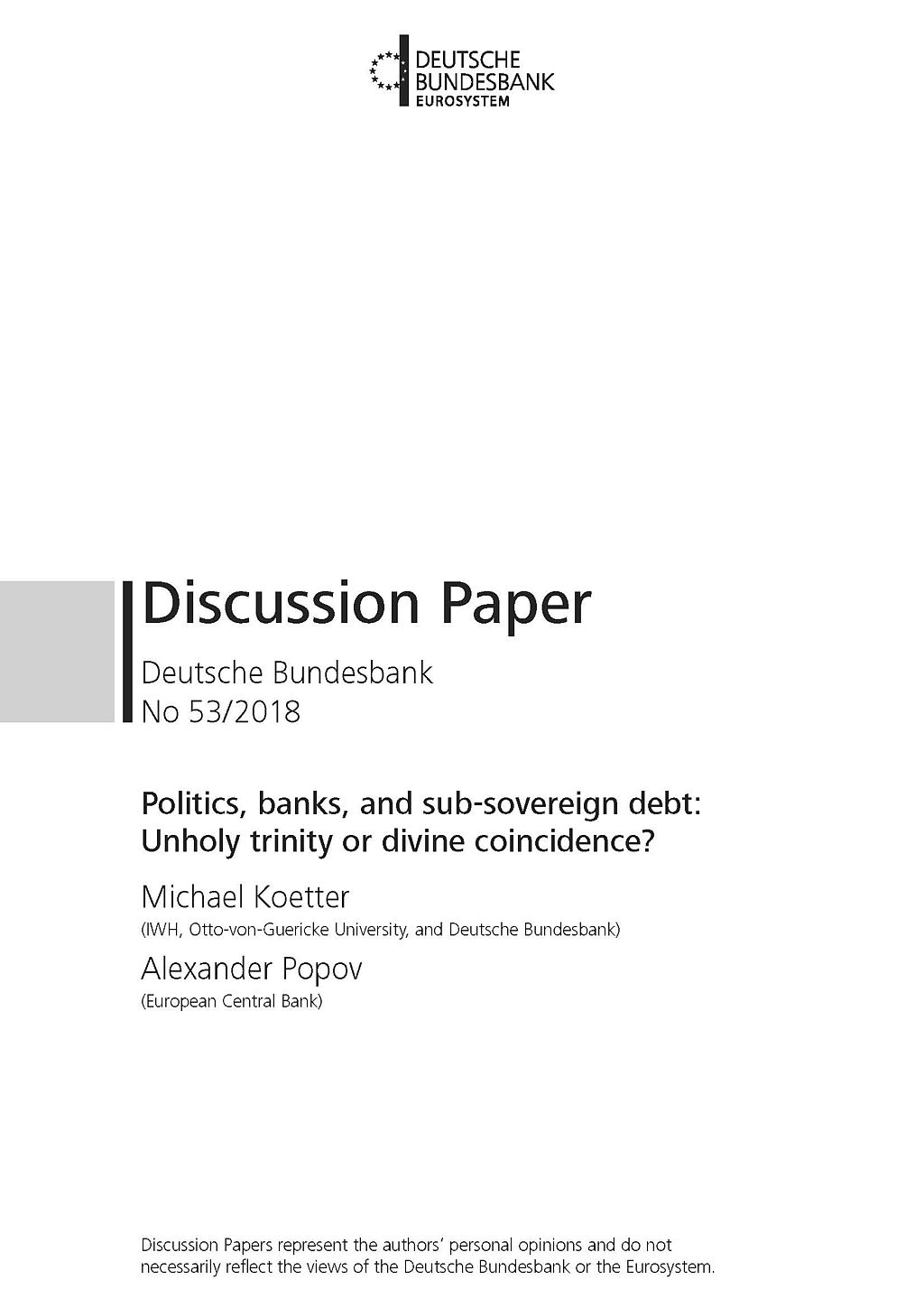
Politics, Banks, and Sub-sovereign Debt: Unholy Trinity or Divine Coincidence?
in: Deutsche Bundesbank Discussion Paper, Nr. 53, 2018
Abstract
We exploit election-driven turnover in State and local governments in Germany to study how banks adjust their securities portfolios in response to the loss of political connections. We find that local savings banks, which are owned by their host county and supervised by local politicians, increase significantly their holdings of home-State sovereign bonds when the local government and the State government are dominated by different political parties. Banks' holdings of other securities, like federal bonds, bonds issued by other States, or stocks, are not affected by election outcomes. We argue that banks use sub-sovereign bond purchases to gain access to politically distant government authorities.

May the Force Be with You: Exit Barriers, Governance Shocks, and Profitability Sclerosis in Banking
in: Deutsche Bundesbank Discussion Paper, Nr. 49, 2018
Abstract
We test whether limited market discipline imposes exit barriers and poor profitability in banking. We exploit an exogenous shock to the governance of government-owned banks: the unification of counties. County mergers lead to enforced government-owned bank mergers. We compare forced to voluntary bank exits and show that the former cause better bank profitability and efficiency at the expense of riskier financial profiles. Regarding real effects, firms exposed to forced bank mergers borrow more at lower cost, increase investment, and exhibit higher employment. Thus, reduced exit frictions in banking seem to unleash the economic potential of both banks and firms.


















